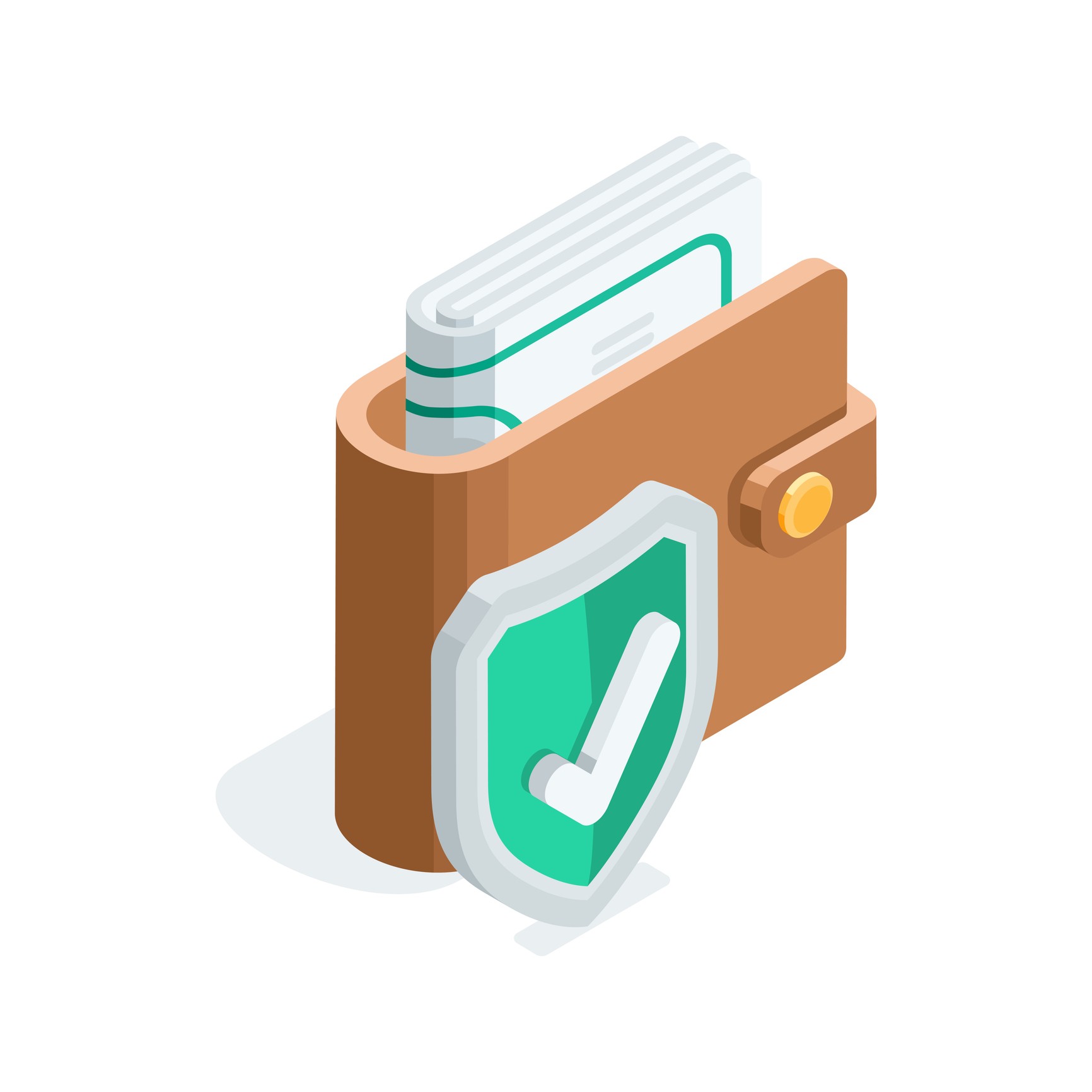In today’s connected world, protecting your personal information is just as important as protecting your money—because the two go hand in hand. Whether you’re swiping your debit card, logging into your account, or even answering a phone call, small habits can make a big difference in keeping your identity and finances safe.
Here’s how to keep your information out of the wrong hands and protect yourself from fraud.
1. Think Before You Share
Your personal info—like your Social Security number, account numbers, or even your full birthdate—is valuable to scammers. Never share it over the phone, email, or text unless you’re absolutely sure you know who you’re talking to.
If someone contacts you asking for sensitive info out of the blue, no matter their “important” or “urgent” reason, it’s okay to hang up and call the company directly using a verified number.
2. Be Picky With Your Plastic
Where you use your debit card matters. Stick to well-known retailers and avoid swiping at places that seem sketchy or unsecure, especially when traveling. ATMs at convenience stores or tourist spots are more likely to have card skimmers, so try to use machines located inside credit unions or banks whenever possible. When paying at the pump, using an ATM or using your card at point of purchase, give the card slot a tug to be sure a skimmer hasn’t been place over the slot.
And when it comes to online shopping, consider using a credit card instead of your debit card. Using them can help keep your checking account safe from unauthorized charges.
3. Use Strong Passwords & Change Them Often
Your online banking password should never be “1234” or your pet’s name. Use a mix of letters, numbers, and symbols—and don’t reuse the same password across multiple sites.
Consider using a password manager to keep track of your logins securely.
4. Monitor Your Accounts Regularly
The sooner you spot suspicious activity, the faster you can act. Set up alerts through your online banking or the mobile banking app to notify you of various transactions, low balances, or to send you daily balance info.
A quick daily check-in on your account activity takes just a minute—and could save you a lot of stress.
5. Avoid Public Wi-Fi for Financial Transactions
Free Wi-Fi at coffee shops or airports may be convenient, but it’s not secure. Never check your account or make purchases while connected to public networks.
If you need to access your financial info on the go, use your phone’s cellular data or a VPN.
6. Don’t Over-Share on Social Media
That birthday post or “fun quiz” could be giving scammers clues to crack your security questions. Keep your privacy settings tight and think twice before sharing personal details.
A Little Caution Goes a Long Way
Fraud prevention isn’t about paranoia—it’s about awareness. By building smart habits and staying alert, you can better protect your identity, your money, and your peace of mind.
Want help monitoring your accounts or setting up fraud alerts? MEMBERS1st Community Credit Union is here to help. Visit us online, give us a call, or stop by—we’re always happy to support your financial safety.

